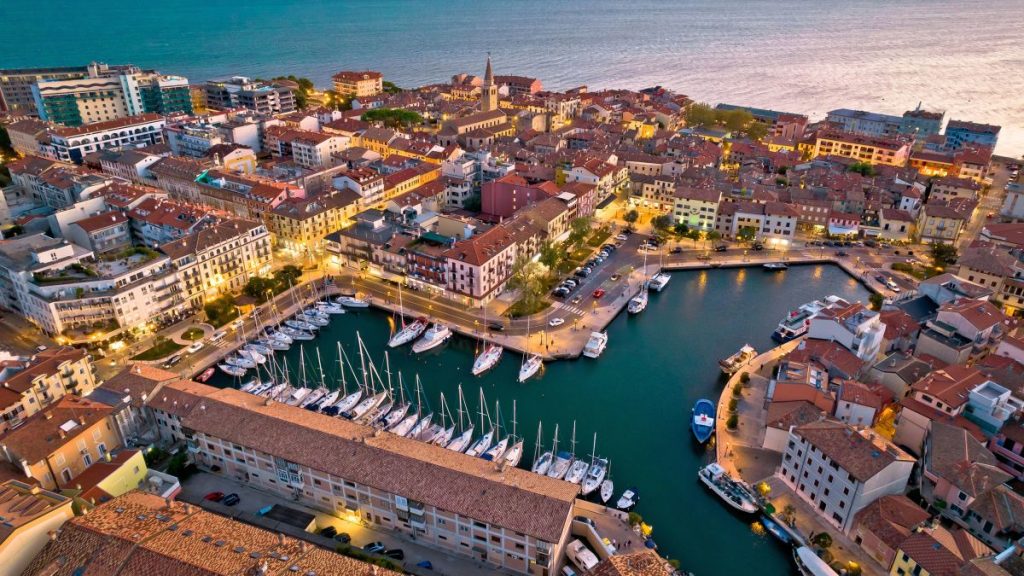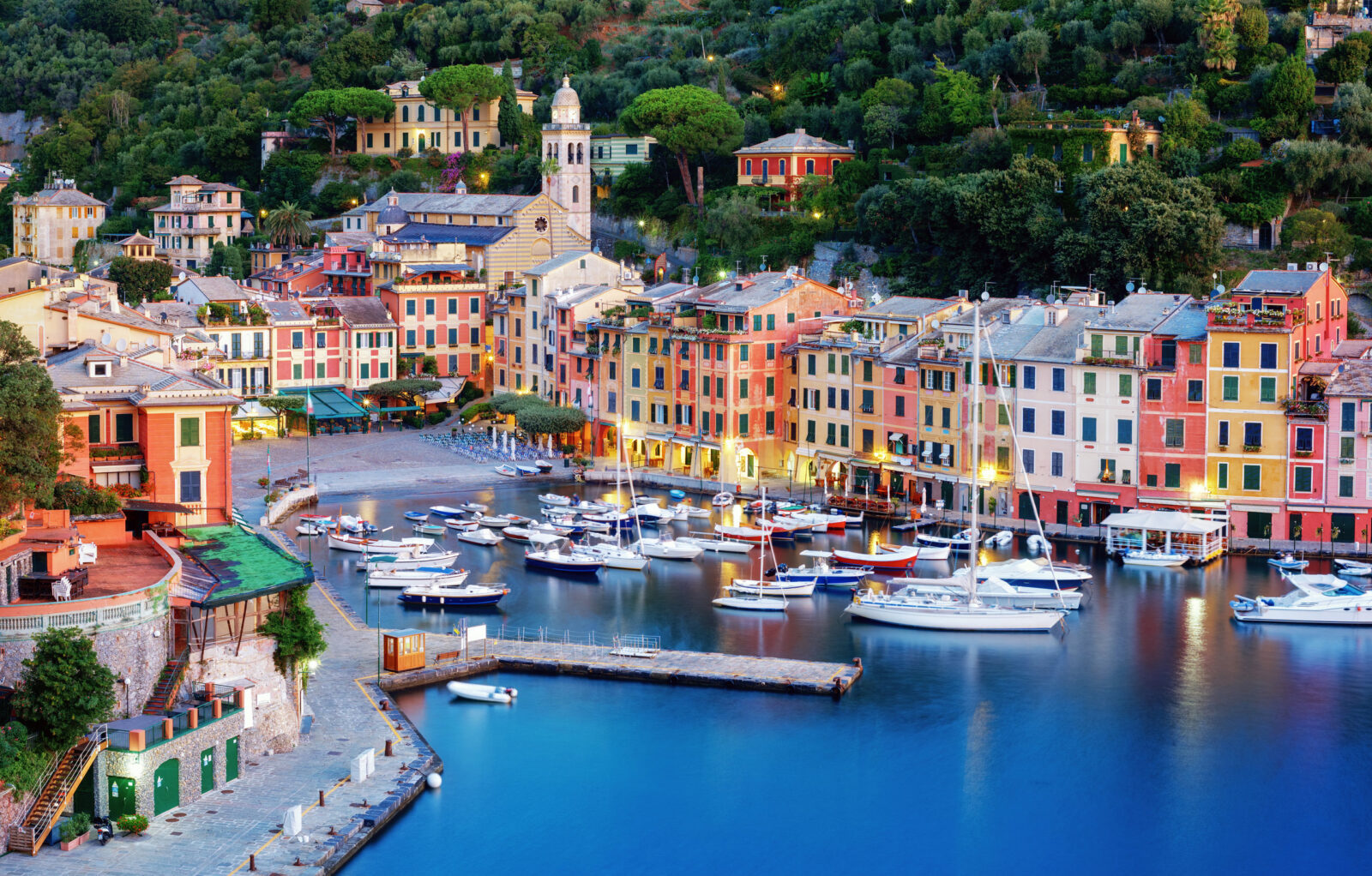Italy, with its rich history, unparalleled quality of life, and stunning natural beauty, is among the most desirable countries to live in. Whether you’re considering moving for education, work, or simply to enjoy the Italian lifestyle, obtaining a residence permit is a crucial step. This comprehensive guide will walk you through the Italian residence permit process, required documents, different application pathways, and answer frequently asked questions. It is designed to help anyone dreaming of a new life in Italy navigate the complexities of the process with ease.
What Is an Italian Residence Permit (“Permesso di Soggiorno”)?

An Italian residence permit, known as “Permesso di Soggiorno,” is a formal document that allows non-European Union nationals to stay and work in Italy for an extended period. While a Schengen visa enables you to stay in Italy for up to 90 days, a residence permit is required for longer stays and allows you to freely travel within the Schengen area.
The process of obtaining a residence permit can vary depending on your purpose for staying, such as work, education, or family reasons. Below, we cover each application process and the necessary documents in detail.
How to Apply for a Residence Permit in Italy
To apply for an Italian residence permit, you must do so within eight working days of entering the country. The procedure is managed by the Italian police (Polizia di Stato). Here’s a step-by-step breakdown of what you need to do:
- Collect the Application Kit from the Post Office: First, visit a designated post office with the “Sportello Amico” service and pick up an application kit.
- Complete and Submit the Application: Fill out the form you received, but leave the envelope open. Hand it to the postal clerk, who will then review it and provide you with a receipt (“ricevuta”) along with a username and password.
- Appointment at the Police Headquarters (Questura): The receipt will indicate the date and time of your appointment at the local police station. During this appointment, you must submit additional documents and provide fingerprints.
Documents Required for Residence Permit Application
To successfully apply for a residence permit, the following documents are required:
- Completed Residence Permit Application Form
- 4 Biometric Photos
- Original Passport and Photocopies (including identity page and visa pages – 2 copies each)
- Codice Fiscale (tax identification number, obtainable from the tax office)
- 16-Euro Revenue Stamp (Marca da Bollo)
- Proof of Income Documents
- Health Insurance Certificate
Additional Documents for Students:
- Official Invitation Letter from the School (certified by the consulate)
- Autocertificazione (certificate issued by the school)
- Scholarship Certificate (if applicable)
Residence Permit Processing and Fees
After completing your appointment at the police station, you will receive a follow-up appointment to collect your residence permit card. Costs associated with the post office process are around 30 euros, and there is an additional fee of 70.46 euros for the electronic residence permit card.
Types of Residence Permits: Work, Study, and Marriage
There are different categories of Italian residence permits, depending on your reason for staying:
- Work Residence Permit (“Lavoro Subordinato”): Those planning to work for an Italian company must have their employer apply for a work permit (“nulla osta”) at the local immigration office. Once approved, the permit is sent to the Italian consulate in your country of residence, allowing you to apply for a visa and enter Italy.
- Study Residence Permit: Students must apply for a student visa from the Italian consulate before traveling. Upon arrival, they need to apply for a residence permit within 8 working days. If you plan to work part-time while studying, an additional application with supporting documents will be required.
- Marriage Residence Permit: If you marry someone with an Italian residence permit, they must apply for a family reunification permit (“nulla osta”) on your behalf. You can then apply for your visa at the consulate and proceed with the residence permit application once you arrive in Italy.
Temporary and Permanent Residence Permits
The validity period of a residence permit depends on the purpose of your stay. Non-EU nationals may apply for permanent residence after residing in Italy for five consecutive years. Wealthy individuals can also obtain permanent residence through the “Golden Visa” program by making significant investments in the country.
Obtaining a Residence Permit by Purchasing Property
While owning property in Italy does not directly grant citizenship, it does provide the right to apply for a residence permit for residence purposes. Italian law requires reciprocity—meaning that, for a Turkish citizen to buy property in Italy, an Italian citizen must also be allowed to purchase property in Turkey.
Living in Italy: Additional Considerations
- Opening a Bank Account: Once you have a residence permit, opening a bank account can make life in Italy more convenient. For more details on this, you can check our article, “How to Open a Bank Account in Italy.”
- Renting Property and Paying Rent: Renting property in Italy is often necessary for new residents. To simplify rent payments, consider international transfer services like Wise to manage your finances more easily.
Costs Involved in Living in Italy
Beyond the application fees, living in Italy includes other costs like rent, groceries, healthcare, and transportation. To make informed financial decisions, consider checking statistics on cost-of-living data for major Italian cities such as Rome, Milan, or Florence.
Tips for a Smooth Application Process
- Prepare Your Documents in Advance: Ensure you have all the required documents ready before visiting the post office or police station. Missing documents can delay your application.
- Learn Basic Italian: Having some basic Italian language skills will help you communicate with officials and ease your daily life in Italy.
- Seek Professional Advice if Needed: Navigating the bureaucracy can be challenging, especially for non-Italian speakers. Immigration lawyers or consultants can assist in ensuring your paperwork is in order and your applications are handled smoothly.
Can I work in Italy with a student residence permit?
Yes, students are permitted to work up to 20 hours per week. To do so, an additional work permit is required.
How long does it take to get a residence permit?
Processing times vary, but generally, it takes anywhere between one to three months from the initial application to receive your card.
What if my residence permit expires?
You must apply for a renewal before your current permit expires. Late applications can result in fines or issues with legal residence status.
Conclusion
While obtaining a residence permit in Italy involves multiple steps, the reward of living, working, or studying in one of the world’s most beautiful countries makes it worthwhile. This guide aims to equip you with the information needed to navigate this complex process smoothly and effectively. For more detailed guidance on living in Italy, don’t forget to check our related articles on topics like banking, housing, and cost of living.

